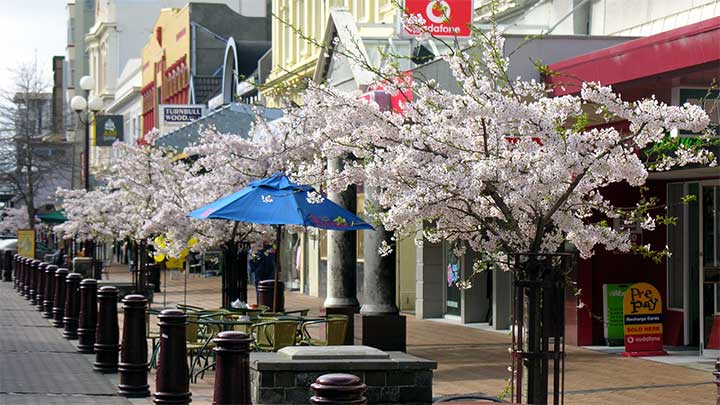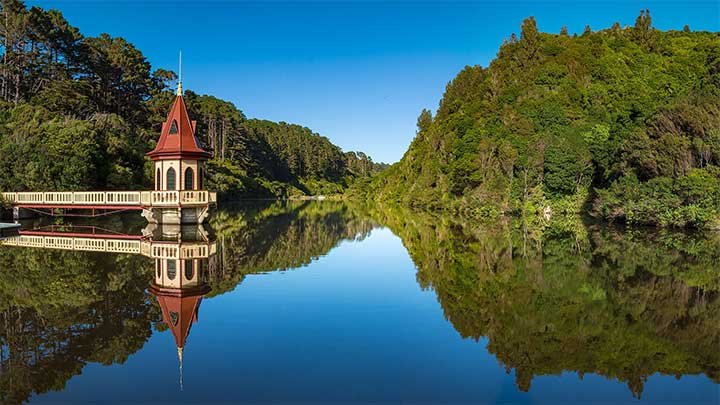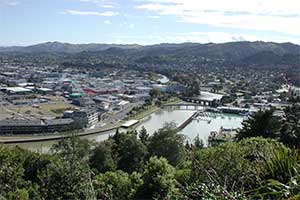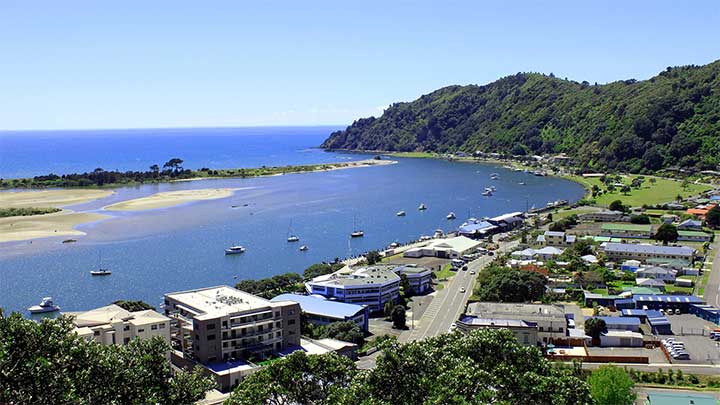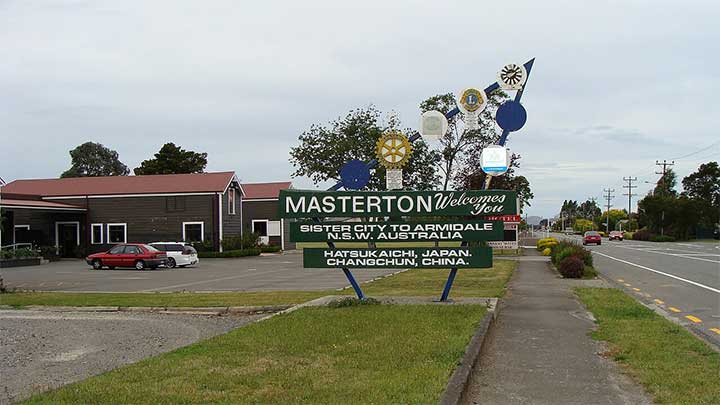Daycare Fee >> NewZealand >> Northland Region
Welcome to the Essential Guide on Daycare Costs in Northland, New Zealand! Whether you’re a parent exploring childcare options for the first time or considering a switch to a new provider, understanding the daycare landscape in Northland is crucial. This region, known for its stunning coastlines and strong sense of community, offers a range of childcare services tailored to meet the diverse needs of its residents. In this comprehensive guide, we break down everything you need to know about daycare fees, the impact of local economic factors, and the types of care available—ensuring you’re equipped with the knowledge to make the best decision for your family. Keep reading to discover how Northland’s unique economic context, cultural influences, and government support can impact your childcare choices.

1. Economic Context
- Affordable Costs: Daycare fees in Northland, particularly in areas like Whangārei, Kaikohe, and Kerikeri, are generally lower than in larger cities such as Auckland.
- Employment Impact: The local economy, driven by agriculture (especially dairy farming), forestry, and tourism, influences the availability of daycare services with flexible hours catering to these industries.
2. Availability and Access
- Rural vs. Urban: Whangārei offers a broader range of daycare options compared to smaller towns like Dargaville and Paihia. In rural areas, parents may need to travel to nearby towns for daycare services.
- Waitlists: Popular centers in Whangārei, like BestStart and Whangārei Early Learning Centre, may have longer waitlists for infant care, whereas rural areas like Kaikohe might have shorter wait times.
3. Types of Daycare
- Home-Based Care: Common in rural areas such as Kaitaia and Kawakawa, offering personalized care with smaller groups of children.
- Te Kōhanga Reo: Māori language immersion daycares are available throughout Northland, particularly in towns like Kaikohe and Kaitaia, focusing on Māori cultural education.
4. Transportation and Accessibility
- Rural Challenges: In more remote areas like Opononi or Ruakākā, transportation can be a challenge, and parents may need to consider the availability of public transport or private vehicle use.
- Flexible Hours: Centers in Whangārei and Kerikeri often offer flexible hours to accommodate parents working in agriculture and tourism.
5. Cultural Influence
- Māori Integration: Many centers, especially those in Hokianga and Moerewa, incorporate Te Reo Māori (Māori language) and cultural practices into their daily routines.
- Community Focus: Strong community involvement is a hallmark of many daycares in Northland, particularly in smaller towns like Kawakawa and Waipū, creating a supportive and inclusive environment.
6. Seasonal Programs
- Holiday Care: Areas like Paihia and Russell, which see seasonal tourism spikes, offer holiday programs to accommodate the needs of seasonal workers.
- Weather Considerations: Centers in coastal towns like Mangawhai and Matapouri may have specific protocols for weather-related disruptions, given the region’s susceptibility to storms.
7. Additional Support
- Local Subsidies: In addition to national subsidies, some local councils in areas like Whangārei and Far North may offer additional financial support or grants for low-income families.
- Sliding Scale Fees: Centers like those in Kerikeri may offer sliding scale fees based on family income, making daycare more accessible to a broader range of families.
8. Health and Safety
- Nutrition: Many daycares, particularly in areas like Kerikeri and Kaikohe, incorporate locally-sourced produce into their meal plans, often including fresh fruits and vegetables from the region.
- Safety Standards: Daycares across Northland, including in Whangārei and Dargaville, adhere to national health and safety guidelines, with additional protocols for local environmental factors like flooding or coastal storms.
9. Community and Expat Support
- Migrant-Friendly Centers: In towns like Whangārei and Kerikeri, some daycare centers offer additional support for migrant and expat families, including language assistance in English and Te Reo Māori, and help with integration into the local community.

